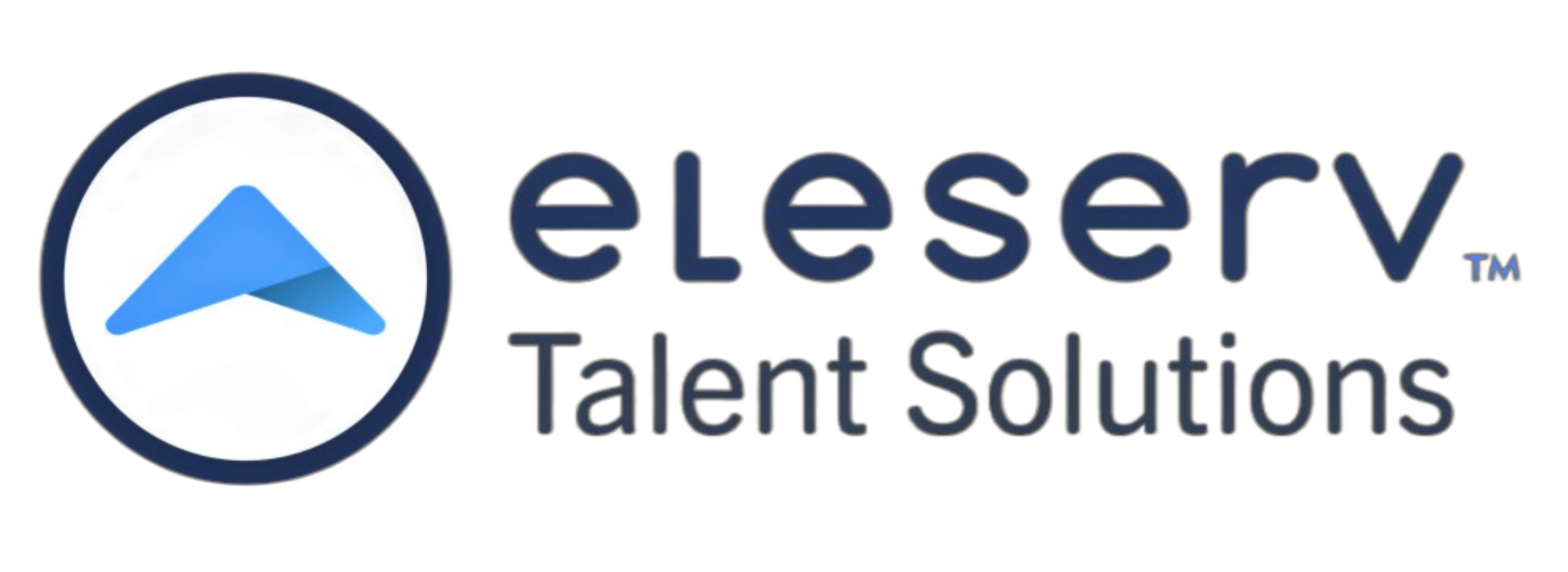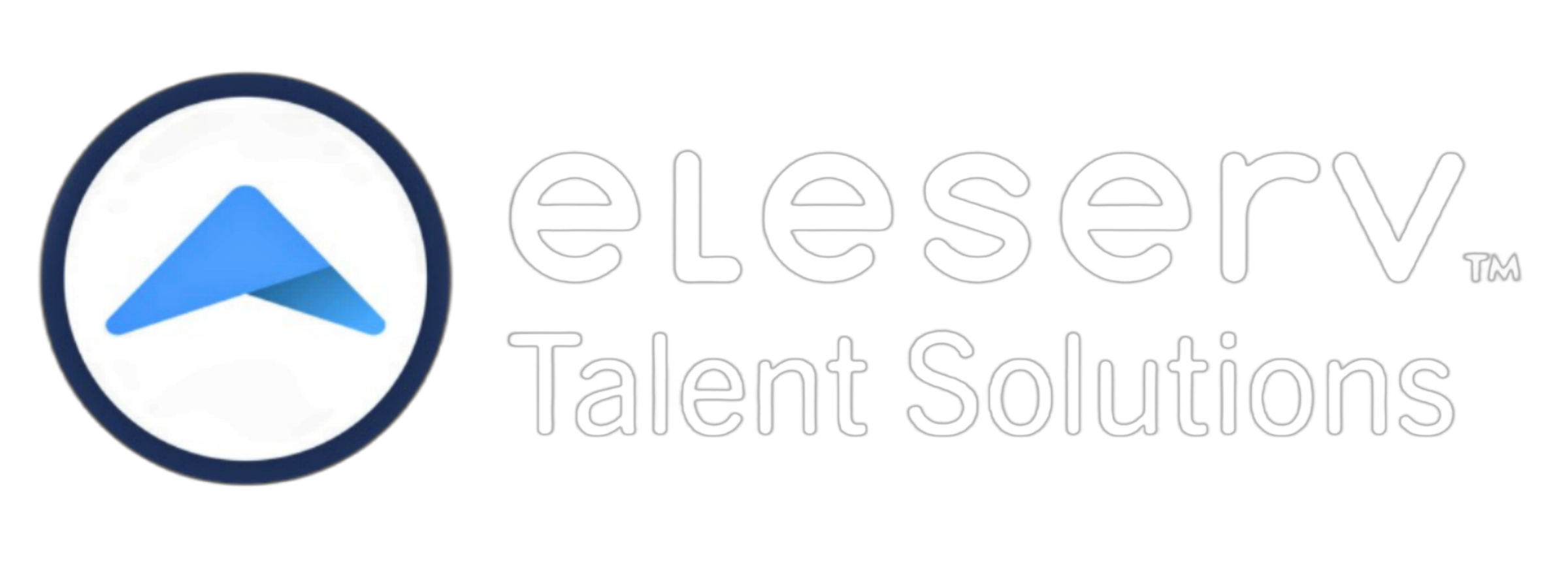Effective Leadership Development for Business Growth
In today’s competitive business environment, leadership is more critical than ever. Effective leaders drive business growth by motivating teams, making strategic decisions, and fostering innovation. However, leadership is not an inherent skill—it requires careful cultivation and continuous development. In this blog, we’ll explore the key components of leadership development and how investing in leadership can fuel your organization’s long-term success.
Why Leadership Development is Crucial
Leadership development is not just about filling senior positions; it’s about building a leadership pipeline at all levels of the organization. Effective leadership results in better decision-making, higher employee engagement, and increased organizational agility. Here’s why leadership development should be a top priority:
Driving Business Growth
Leaders who are well-equipped with the right skills can guide their teams to achieve business objectives, whether it’s increasing revenue, expanding market share, or launching new products. By aligning leadership training with business goals, organizations can ensure that leaders are prepared to navigate the complexities of growth.
Improving Employee Engagement
Effective leaders foster a culture of trust, accountability, and open communication. When employees feel valued and supported, they are more engaged and motivated to contribute to the company’s success. This leads to higher productivity, better collaboration, and lower turnover rates.
Core Components of Leadership Development
To develop effective leaders, organizations need to focus on several key areas:
Strategic Thinking
Leaders must be able to see the bigger picture and make decisions that align with long-term business goals. Strategic thinking involves analyzing market trends, anticipating challenges, and positioning the organization for success.
Emotional Intelligence (EQ)
Emotional intelligence is a crucial skill for leaders. It enables them to understand and manage their own emotions while effectively navigating the emotions of their team members. High EQ leads to better conflict resolution, stronger relationships, and a more positive work environment.
Decision-Making
Leaders are often tasked with making tough decisions that impact the organization. Effective leadership development programs focus on honing decision-making skills, allowing leaders to weigh risks, consider multiple perspectives, and make informed choices.
Tailoring Leadership Development to Your Organization
Every organization is unique, and leadership development should reflect that. Tailored programs, whether through one-on-one coaching or group workshops, ensure that the training is relevant to the specific challenges and opportunities facing your leaders.
Leadership Assessments
Using data-driven assessments, organizations can identify leadership potential and areas for improvement. These assessments provide a foundation for creating personalized development plans that focus on strengthening key skills.
Ongoing Development and Support
Leadership development is not a one-time event—it’s an ongoing process. Continuous training, mentorship, and feedback help leaders stay adaptable and grow with the evolving demands of the business landscape.
Conclusion
Investing in leadership development is one of the most effective ways to ensure your business thrives in a competitive market. By focusing on core leadership skills such as strategic thinking, emotional intelligence, and decision-making, organizations can develop leaders who drive growth, inspire teams, and achieve business goals. Contact Eleserv Talent Solutions today to learn how our leadership development programs can unlock the potential of your leaders and propel your business to new heights.


